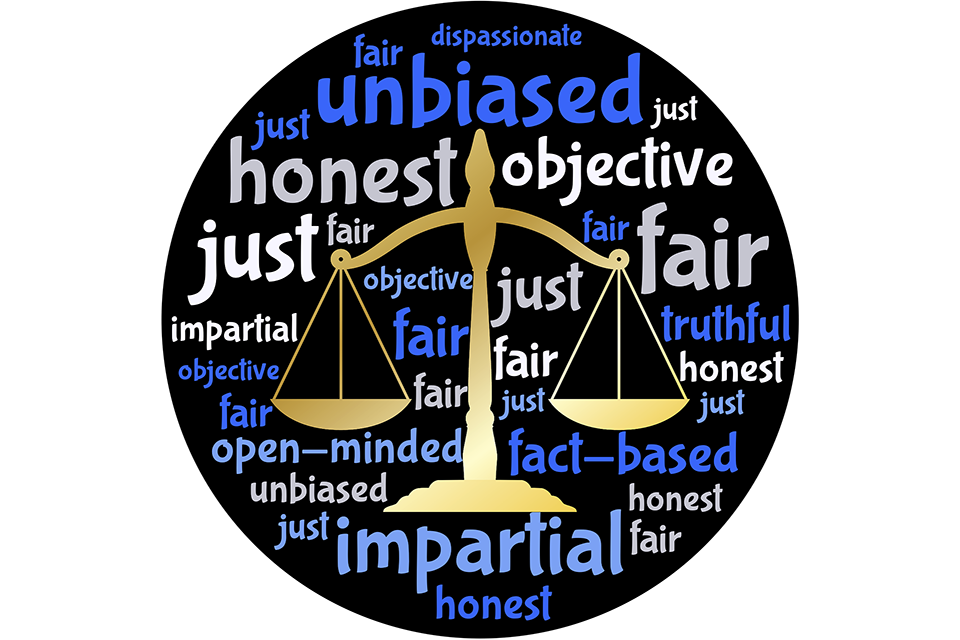
When assessing the evidence base for screening, the UK National Screening Committee (UK NSC) engages extensively with numerous stakeholders, including expert clinicians, academics, patient groups, charities and international screening colleagues.
The committee’s ability to make robust evidence-based recommendations would be seriously compromised without this expert knowledge, experience and advice.
UK NSC stakeholders have a variety of interests, arising from their professional and personal contexts and activities. Having advisers with varied interests is a positive attribute, but it is important that interests are openly declared so they can be appropriately managed.
Today we have published new guidance to help guide individuals who interact with the UK NSC, and to help the secretariat determine what, if any, mitigations might be needed.
Read the new guidance, Mitigating conflicts of interests in UK NSC work.
The committee holds its stakeholders and members to the highest standards of integrity in order to maintain its values of independence, accountability and transparency.
All advisers and members must declare any interests that may conflict, or be perceived to conflict, with their participation in the committee’s work on any screening topics. Some individuals interact with the commercial sector and, while this should be declared, it does not necessarily preclude participation in the work of the UK NSC.
It is the role of the UK NSC secretariat, hosted by the Department of Health and Social Care, to support the application of the committee's declaration of interests guidance. This includes helping to decide what actions may need to be taken to mitigate any declared conflicts.
The newly published guidance summarises the potential mitigations and appropriate actions the UK NSC takes in response to declared conflicts of interest.
It also gives examples of direct, indirect, financial and non-financial interests and how these can be dealt with.
In general, the UK NSC has 3 options on how to act in response to declared interests:
- no action other than the process of open declaration – the individual can engage in all aspects of the work
- partial exclusion – the individual can engage in discussions or provide advice, but is excluded from developing recommendations and decision-making
- complete exclusion – the individual cannot input into the topic under discussion
Keep up to date
The UK NSC blog provides up to date news from the UK NSC. You can register to receive updates direct to your inbox, so there is no need to keep checking for new articles. If you have any questions about this blog article, or about the work of the UK NSC, please email uknsc@dhsc.gov.uk.